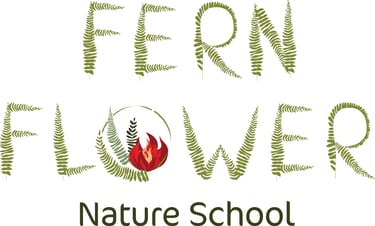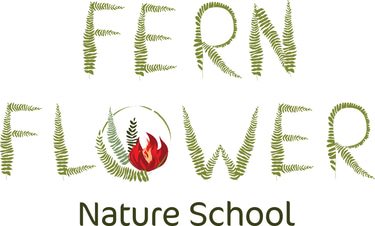
Play-Based Learning
Learning for children is grounded and expressed through play. As Jean Piaget once said, “Play is the work of children.” A play-based pedagogy recognizes the holistic nature of play and Nature Schools around the development of the whole child; it treats a child’s emotional, physical, and social selves as interwoven and encourages depth of experience.
What Does This Look Like in Practice?
Researchers have identified various types of play, and each can be demonstrated by children in Nature Schools groups.
Here are some of types of play are discussed below:
Involves children using symbols, objects, designs or signs to represent people, ideas or qualities. In Forest and Nature School groups, children can use sticks and rocks to represent everything from fire hoses, to swords, money, or food. They can also use them to represent “little people,” like younger brothers and sisters or other-world people.
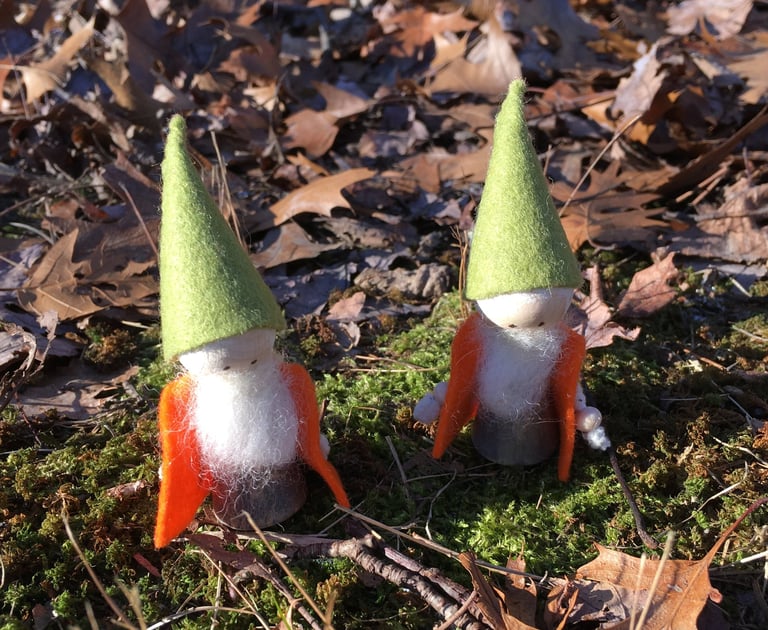

Symbolic Play
Exploratory play is play that accesses factual information about an environment and engages with the area or thing and, either by manipulation or movement, assesses its properties, possibilities and content. This is an obvious one for Forest and Nature School — kids explore constantly (under rocks, in decomposing logs, in branches, in tall grass, in the ground, etc).
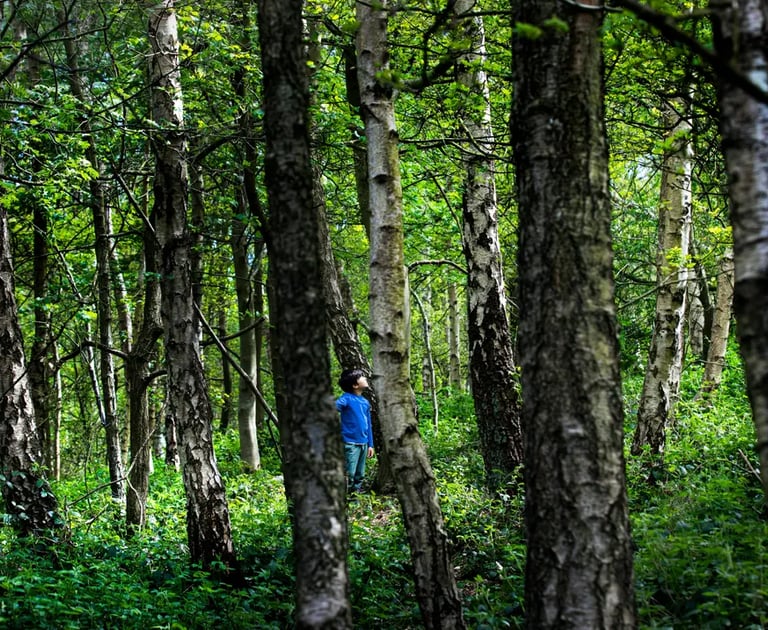

Exploratory Play
Socio-dramatic play is an opportunity for children to enact real and potential experiences. Groups of children in Forest and Nature School often enact personal real-life situations, like bedtime or family holidays, in which they rotate roles of parent and child and deal with difficult siblings.
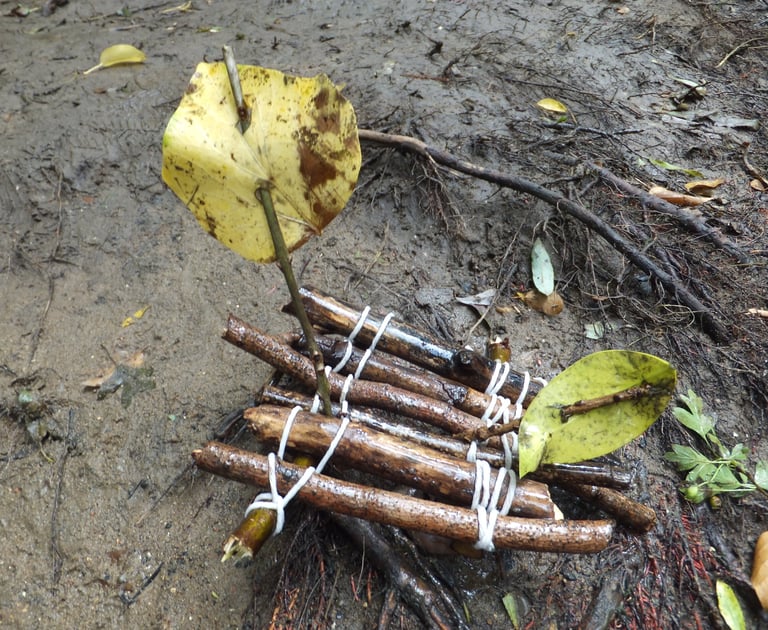

Socio-Dramatic Play
Dramatic play, in contrast, is an opportunity for children to act out events that are not part of everyday life. These include scenes from others’ lives or from the television or theatre ... or being famous footballers or a band. Children in younger FNS groups like to act out animal rescue scenarios, in which they find a lost squirrel or rabbit and care for it. Older students often create elaborate stories that they continue to enact from session to session.
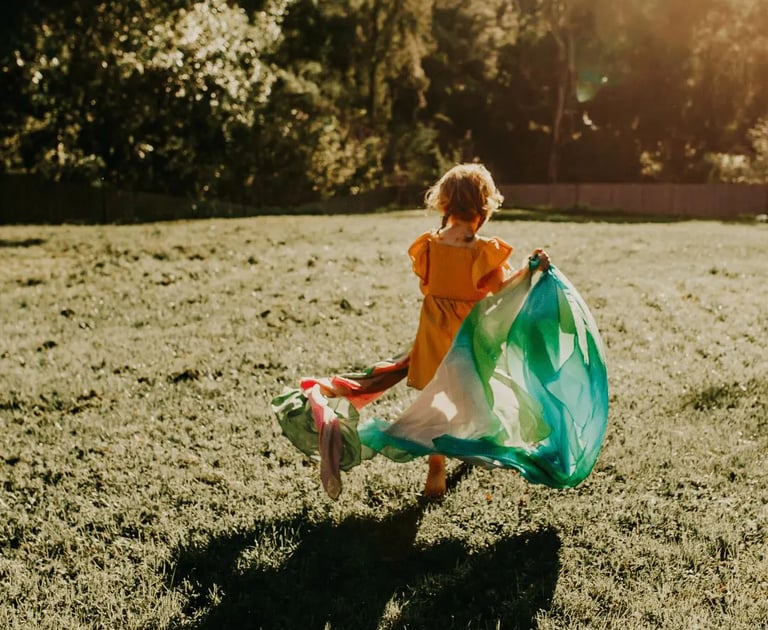

Dramatic Play
Social play includes any social or interactive situation which contains an expectation on all parties that they will discuss and abide by certain rules, customs or protocols. Unless a child chooses to play independently, almost all play in Forest and Nature School is social play. Children agree on the activity, where it will be played, how it will be played, what will happen, and how to deal with challenges. For instance, a group might develop an elaborate “bakery” in the woods and build it each time in the same place. Each child in the group would then take on different established roles in the “bakery” — like baker, cleaner, front counter — and, together, have great and heated discussions about who is supposed to what, when, how, and what rules should exist for changing jobs to make it fair for everyone. With so many children involved in one play scenario, it might seem likely to end in disagreement; yet, in our experience, the children all follow the rules they created together, and they can play quite happily this way for an entire session.
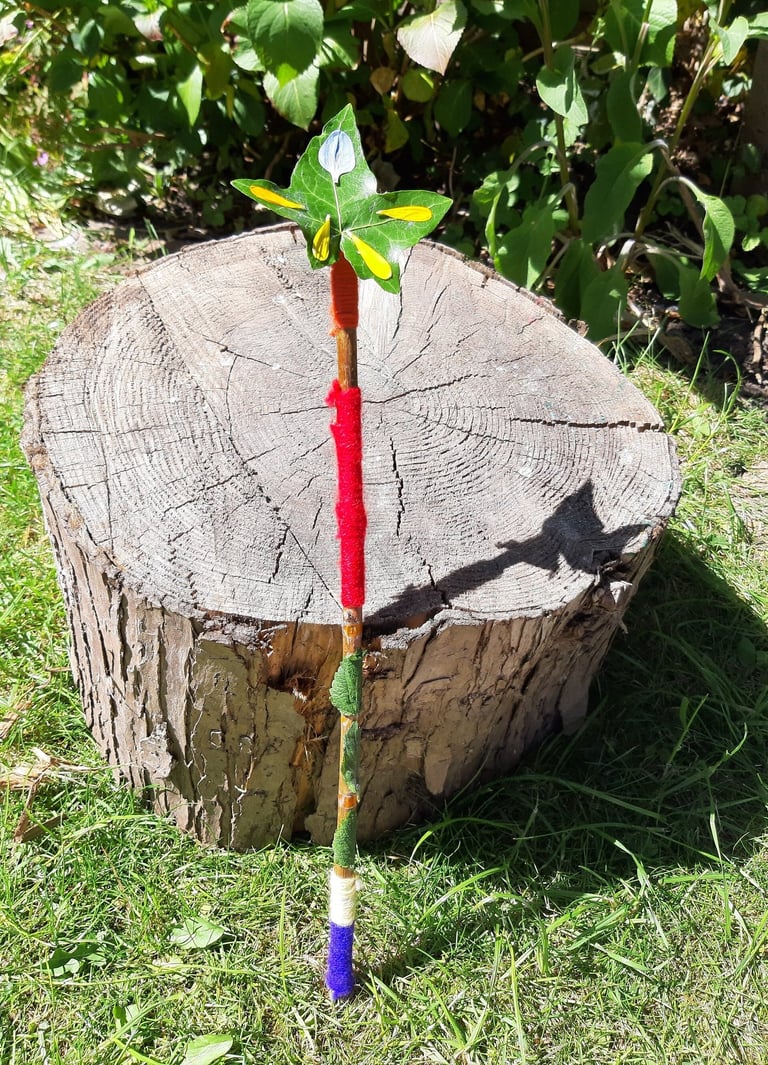

Social Play
Communication play involves using words, nuances or gestures for example, mime, jokes, play acting ... singing, debate, poetry. This is common in older groups, and students who are more reserved are more likely to participate in this type of play at Forest and Nature School.
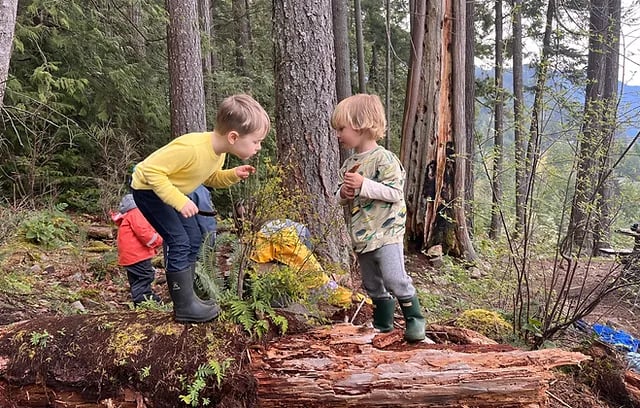

Communication Play
Creative play (inventive play) is about focused but spontaneous creation with a wide range of materials and tools —and Forest and Nature School can be very creative. Young children often make beautiful 2- and 3-dimensional designs using pinecones, sticks, bark, and stones that they find on the forest floor. Often, the children then use these to decorate a house or structure they have built in the forest. Children also regularly use natural materials to make music.
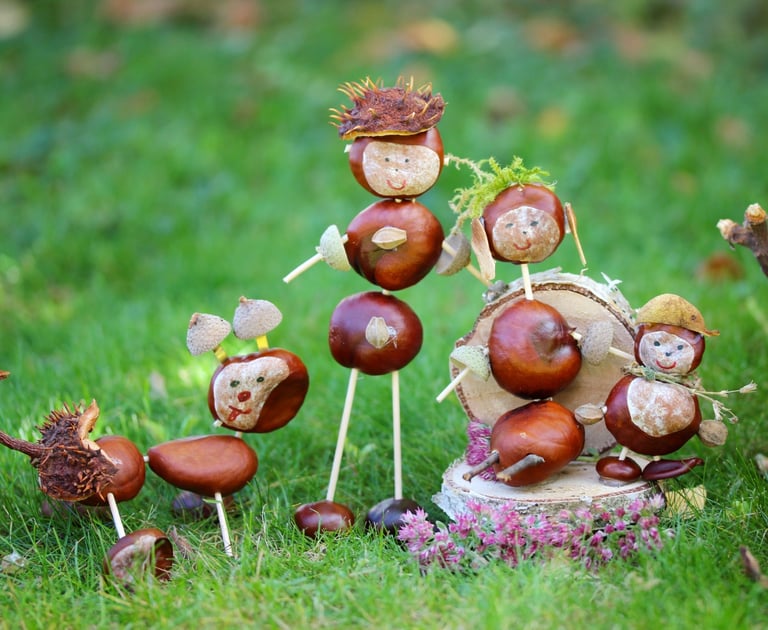

Creative Play
Deep play is play in which children conquer fears by working through what they perceive to be high risk physical or emotional experiences. In FNS, deep play fear-conquering most often occurs in connection to climbing — climbing trees, or climbing over tangles of logs and branches.
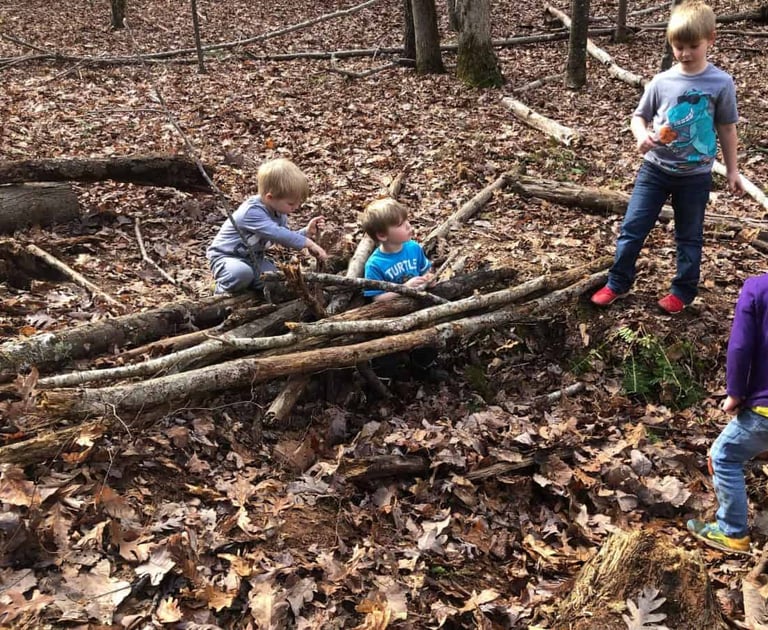

Deep Play
Fantasy play is play that is completely unreal. Forest and Nature School groups sometimes create stories and role-playing games involving superheroes or magic, and kids imagine they have special powers like flying.
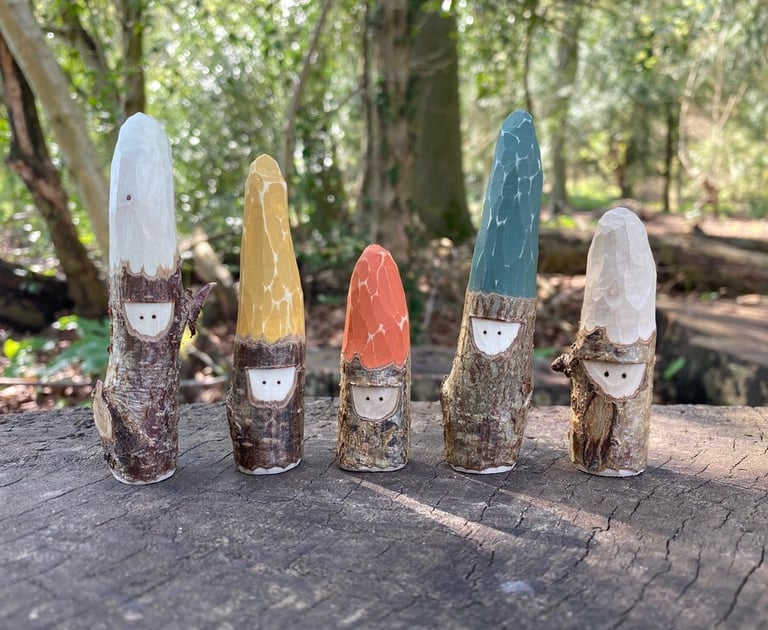

Fantasy Play
Imaginative play is play in which the conventional rules that govern the physical world do not apply, but is based on reality. There is an enormous amount of imaginative play at Forest and Nature School. Many of the children start their sentences with the word “pretend.” Children imagine the forest and its elements to be anything that fits the story or game they want to weave. Not only do people and objects take on imaginary roles, but these are constantly in flux — the children regularly discuss and agree upon changes to the scenario. For example, a fort structure might have started out as a ship and the children its crew — a ship that later morphs into the island the ship landed on, while the crew becomes those people who live on the island. Through the imaginations of children in a FNS group, you’ll find the ground you are standing on changes frequently: what starts out as water will quickly change into lava, and you’ll need to join the group on an imagined island for safety.
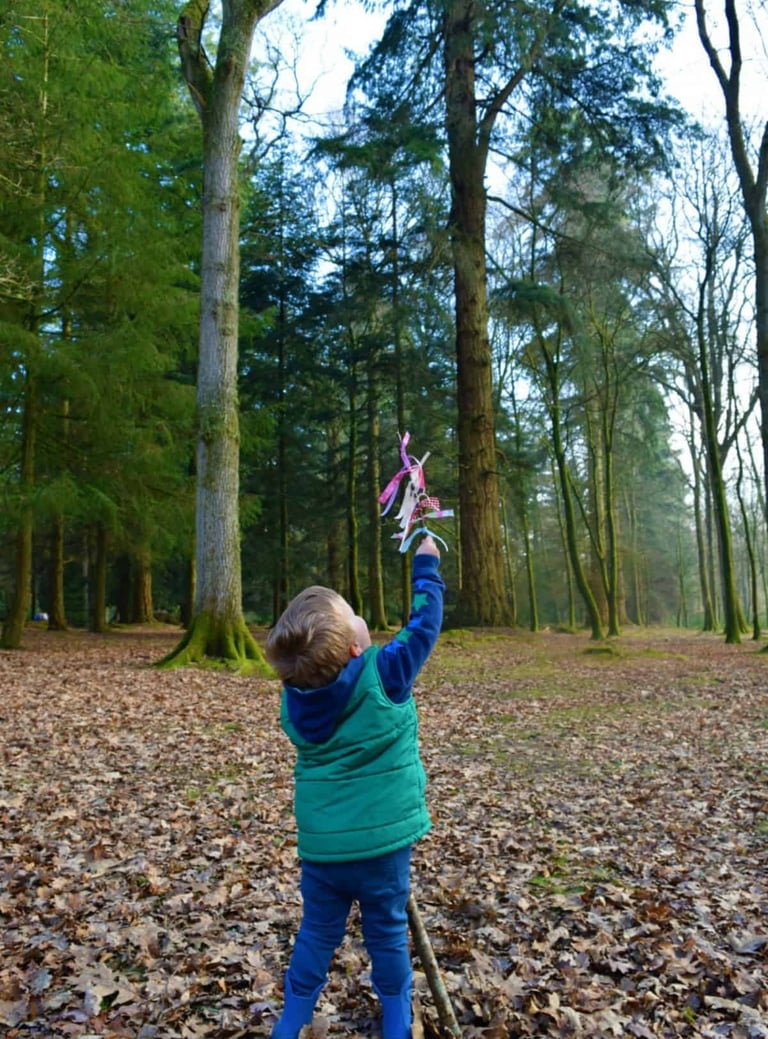

Imaginative Play
Locomotor play is active play. This is another obvious one for Forest and Nature School. Kids play hide and seek, climb trees/logs/rocks, hang from grapevines, walk around gathering materials, make and use pretend (and sometimes real) ziplines, roll down hills on the way to the site, and balance on fallen logs. Forest and Nature School play is active.
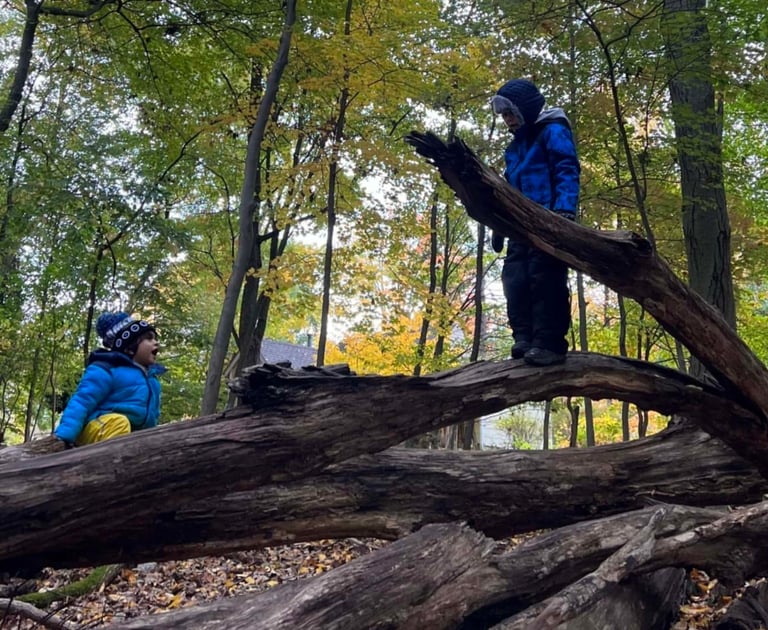

Locomotor Play
Mastery play involves taking (and feeling) control of the physical and affective ingredients of the natural environment, for example digging holes and tunnels in earth or sand; changing the course of streams; gaining a new skill, for example, a jump across a river. Certainly, young people in FNS groups dig holes, build using natural materials, make channels to drain or connect puddles, and gain new skills in terms of climbing, balancing, navigating steep hills.
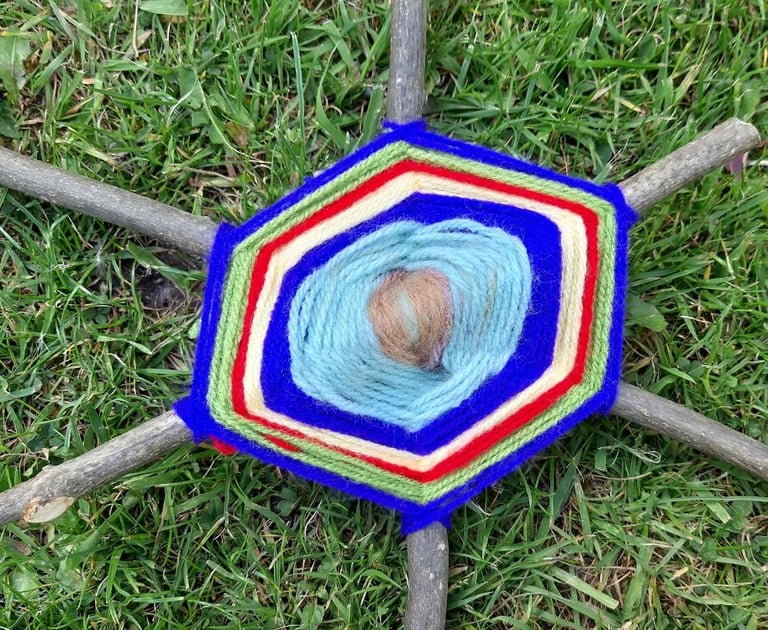

Mastery Play
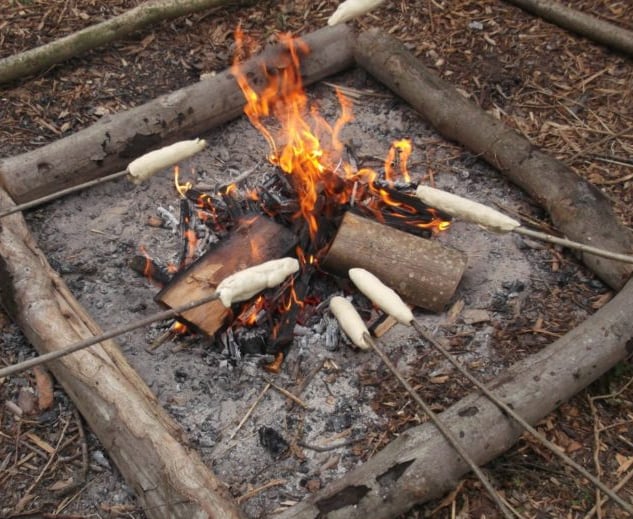

Recapitulative Play
Recapitulative play displays aspects of human evolutionary history. While, at many Forest and Nature Schools, fires aren’t allowed on site, children will regularly build fires, pretend to light them, and create shelter villages around them. Even though some children are sadly prevented from actually lighting fires, they pretend to build fires with surprising regularity. They build shelters, in one form or another, in almost every session.
Rough and Tumble play involves testing physical limits, play-fighting, and chasing. Within certain student-generated safety guidelines, rough and tumble play also has a place at Forest and Nature School.
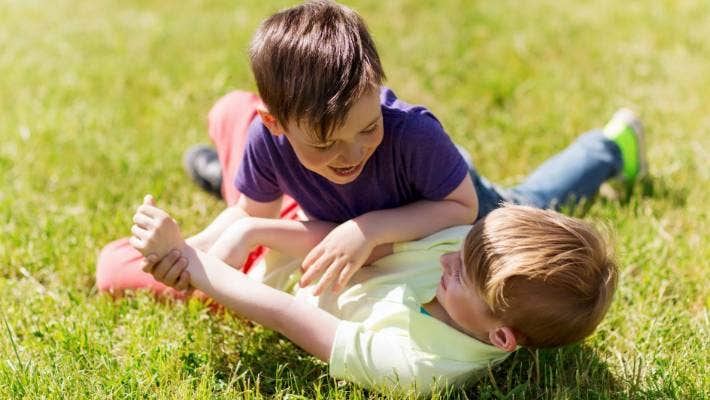

Rough and Tumble Play
Location
3827 Charlton Drive, Qualicum Beach, BC, Canada, V9K 1Z3
Contacts
fernflowernatureschool@gmail.com
+1-250-299-2054
Subscribe to
our Newsletter
